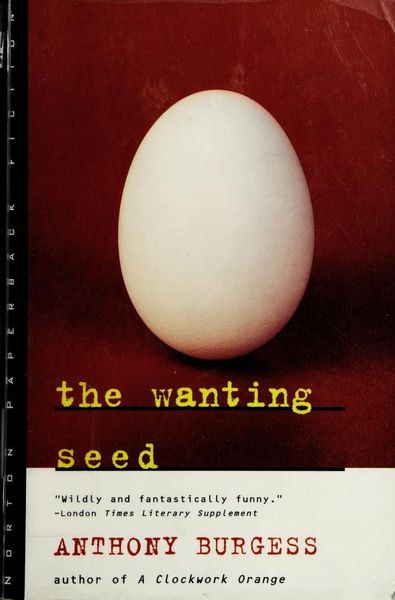
Reviews
Emmett@rookbones
Martha F.@marthaq
Karolina Klermon-Williams@ofloveandart
Greg Copeland@gtco
Anna@annarussett
jaymie b@heck
edith w.@edithm
Telescopic Johnson@tj
Cal Desmond‐Pearson@social-hermit
Christine@cluprete
Lucía RG@awwsunshine
Leafling@leaflinglearns